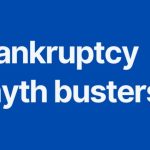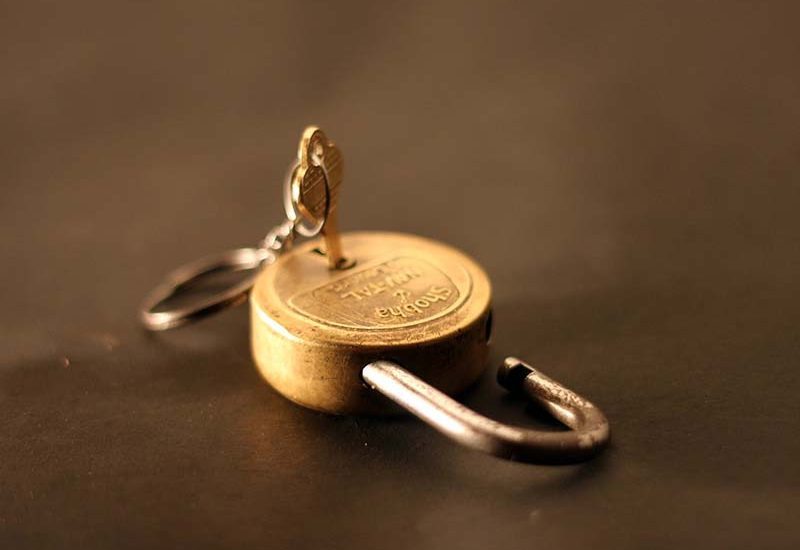The withdrawal of federal government debt initiatives has refocused attention on the insolvency wave that economists expect to occur this year, a situation that highlights the need for businesses to secure their assets through the Personal Property Securities Register (PPSR).
The PPSR is a national online database of currently secured property in Australia. If your business has a security interest in property, you can register your interest to officially mark yourself as having certain legal rights over it. It applies to almost all forms of tangible and intangible property owned by any type of legal entity including money, goods, motor vehicles, hire purchase agreements, accounts receivable, long-term leases, investment securities and title documents. Registering these assets will provide better protection in the event of an insolvency occurring.
In addition to businesses registering the security interest they have in the assets of other businesses, the current situation highlights the need for owners to register the security interest they have in their business as a result of their personal investment.
PPSR underutilised by SMEs

Jirsch Sutherland Partner Trent Devine says the PPSR is a powerful commercial tool that he believes is underutilised by small-to-medium business owners in terms of protecting their personal investment.
“Many SME owners put their own money – usually family money – into their business at some point,” he says. “Unfortunately, the vast majority of their accountants then write this up as a loan account in the books and records, but that doesn’t give the person any more protection than any other unsecured creditor.”
If the company strikes a problem, Devine says, such as the owners are sued for some reason, then there’s no way to get that money back, and effectively start again.
“But if the owner has secured it on the PPSR, then that does two things. One, it makes it unattractive to sue them because they can literally repay themselves as secured creditors – which is perfectly legal – and start again. And two, if the business/owners were sued, they could simply appoint a receiver and get what money/assets are available. So, it’s incredibly powerful.”
Call for PPSR overhaul
The PPSR is back in the spotlight following the release of a research paper by the former Australian Small Business and Family Enterprise Ombudsman, Kate Carnell. The report found there was an urgent need for the PPSR to be overhauled to make it more accessible to SMEs.
Carnell says if used correctly, the PPSR is a powerful tool that can deliver significant benefits to small businesses. “So many small businesses have invested heavily in their businesses over the past 12 months but few know that they can secure these loans, pushing them higher up the security chain if there’s an insolvency,” she says. “More importantly, small businesses that register their interests won’t need to fight tooth and nail to retain title to their goods if a business customer winds up.”
But the report revealed many SMEs are finding the PPSR system difficult to use. Carnell states “the name is confusing, the language is overly technical and the operation of the register is very complicated.”
The report recommends streamlining the system, including encouraging cloud accounting platforms to provide regtech solutions, such as pop-up reminders to SME owners who record a personal loan to the balance sheet, alerting them to register it on the PPSR. The issue with this is, that it is necessary to have formal loan and security documents in order to register on the PPSR.
Devine agrees there are reasons why the PPSR isn’t more regularly utilised by the mainstream SME market. “People aren’t particularly well educated about that type of structuring, albeit it’s very simple,” he says. “People look at it and wonder how this can be legal. But it’s perfectly legal as it’s following one of the oldest decisions of the Court relating to companies and utilising a section of the Corporations Act that’s been there for years.”
Another reason is that it’s very expensive to register. “Lawyers charge at least $5000 to look at the books and records and do a set of loan and security documents to register the security interest,” says Matthew Kelly, Director of Krodok, a digital tool that’s designed for SME owners to protect the investment they make in their company. “That’s more than a lot of SMEs can afford.”
Online disrupter seeks to mitigate cost barrier

Krodok aims to overcome the significant cost barrier of registering on the PPSR. It automatically generates legally enforceable documents that raises them to being a first-ranking creditor of their business, registered on the PPSR – but without the need to deal with lawyers. So instead of paying lawyers at least $5000, the cost of using Krodok is a one-off payment of $788.
Krodok secures your investment against your company’s assets and raises you to ‘secured creditor’ status, like a bank, so that if your company becomes financially distressed, you will be paid back your debt before anyone else.
“Krodok has made it quick and commercially viable to register security interests on the PPSR, although a lack of education around the benefits of the PPSR remains an impediment to owners getting the right protection,” says Kelly. “Every small-business owner who invests their own money should be using the PPSR, because once people put their own money into a business, it’s exposed. You can’t just take it back out. If you do so without a security position, then you might be preferring yourself over other unsecured creditors and you might have a problem. If a small-business owner has this protection in place, they are in a far stronger position to navigate financial distress and to be able to use the system to their benefit.”
Meanwhile, Devine says the withdrawal of federal government initiatives introduced during COVID-19, such as JobKeeper, will likely see many SMEs unable to pay their bills.
“What may happen, for example, is a director/shareholder who invested $100,000 into a café that is pushed into liquidation, will lose that money if they are an unsecured creditor,” he says. “But if they secured that investment by registering it on the PPSR, then they are in a much better position. While it doesn’t guarantee they will get the full $100,000 back, being ahead of unsecured creditors means they will likely get something, perhaps from the value of plant and equipment they are secured against – which is always better than nothing.”











